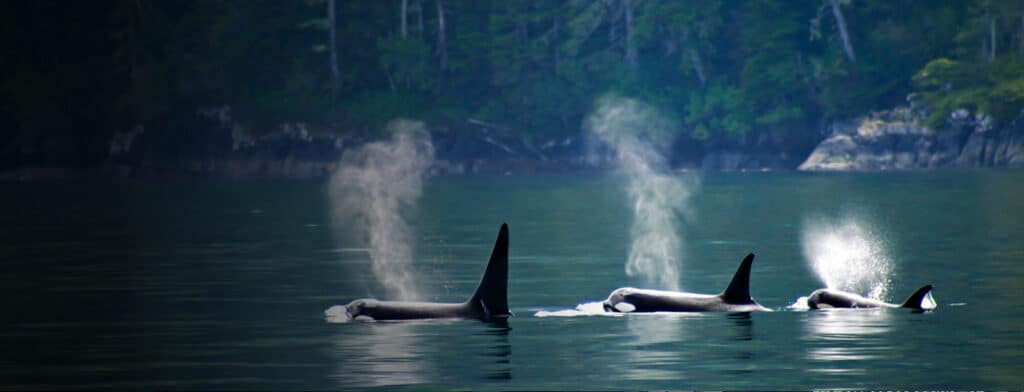
Blog
Search
Issues
Projects
-
European Parliament votes to regulate nanofoods
Novel Foods: Risk Assessment for Nano-Foods Source: European Parliament The European Union (EU) Parliament’s Environment Committee voted May 4, 2010 that food produced usin…
-
Nano banned from organic in Canada
Nanotechnology involves the creation and manipulation of materials at the scale of atoms and molecules. Scientists are applying nanotechnology to many industries, including food production. Critics sa…
-
Short Sea Shipping and the Environment
Friends of the Earth is hosting a forum on short sea shipping, or regional shipping, at t…
-
The 3rd Annual International NanoActivist NGO Summit
Last week Friends of the Earth and the International Center for Technology Assessment co-…
-
Biofuels Also Create Dangerous Spills
With the recent oil rig catastrophe and subsequent spill in the Gulf of Mexico, the biofuels industry is claiming it produces a cleaner alternative. But biofuels can produce environmentally harmful…
-
Cruise ship pollution: Charleston, South Carolina
Charleston, South Carolina is among a number of U.S. cities that have joined the fight against the rising tide of cru…
-
World Bank’s $3.75 Billion Coal Loan to Eskom: Neither Green nor Just
By Bobby Peek Director, groundWork, Friends of the Earth South Africa On April 8, the World Bank took us